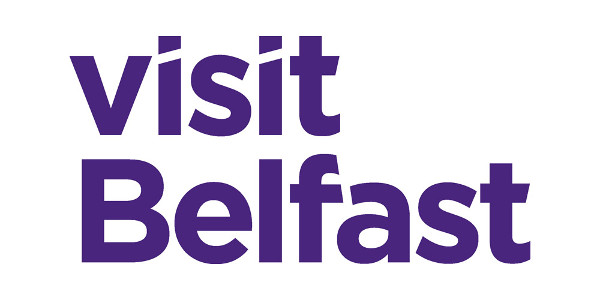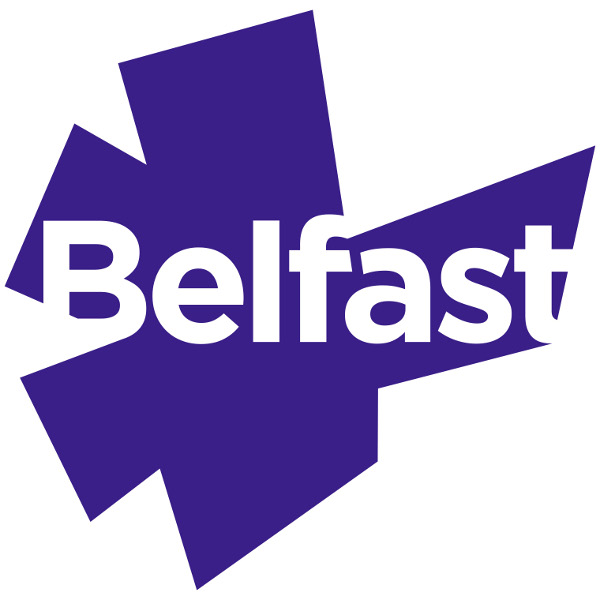17th EASA Biennial Conference
EASA2022: Transformation, Hope and the
Commons
School of History, Anthropology, Philosophy and Politics at Queen’s University Belfast
26-29 July, 2022
EASA allocated just over £7k from the EASA2022 conference budget, to offset the carbon footprint caused by delegate travel (the largest aspect of the event's footprint). These funds have been donated to The Woodland Trust, going towards supporting projects in Northern Ireland, including their most recent appeal, Mourne Park.
EASA2022 was a fully hybrid conference: delegates could choose between in-person (face-to-face) or online participation. ~900 attended f2f and 820 online.
Results of the post-conference Covid survey
- 137 (14% of f2f delegates responded), of which 55 stated that they did not fall ill.
- Of the 82 who did, 82% fell ill post-conference, 17% during.
- 75% of these tested positive for covid.
- 51% had Uncomfortable/medium symptoms, 27% had quite mild symptoms, and 22% Incapacitating/strong.
- 60% of respondents attended the party, with 65% of those who fell ill, having attended the party.
The small sample makes conclusions difficult. Perhaps there were sick delegates who did not respond? While ~8% of f2f delegates reported falling ill having attended the conference, we did not run a control survey for online delegates, however from checking attendance/correspondence we know that 20-30 delegates (3%) reported falling ill with Covid before reaching the conference (attending online).
So while attending the conference f2f posed a risk and there's been a degree of infection (5%?), it's not possible to conclude that it was a 'superspreader' or that the party (as opposed to small panel rooms) was to blame. We can no doubt do more to protect each other at future events, but the data gathered does not suggest this was quite the infectious disaster that some have stated.
Transformation, Hope and the Commons (read the theme), the 17th EASA2022 biennial conference was hosted by the School of History, Anthropology, Philosophy and Politics (HAPP) at Queen’s University Belfast. Belfast is the capital of Northern Ireland, and the second biggest city in Ireland. Historically marked by the legacies of conflict, contested identities and divided space, Belfast has many more stories to tell than just its striking murals, memorials and ‘peace walls’. It is a dynamic city that boasts high cultural production, and by that we don’t only mean ‘Game of Thrones’(!) In spite of its compact size, Belfast hosts a wide range of music scenes (recently awarded the UNESCO City of Music title), an impressive number of museums, and outstanding performance centres, all within walking distance of the city centre.
Founded in 1845, Queen’s University Belfast (QUB) is one of the leading universities in the UK and Ireland with a distinguished heritage and history. In close proximity to the city centre and all major landmarks, the University premises include impressive buildings of dramatic Victorian architecture that have been updated for full accessibility, large venues ideal for EASA’s laboratories, and the university’s own cinema, the Queen’s Film Theatre (QFT) that has been screening diverse local and international films for almost 50 years. The QUB campus is an ideal site for fully enjoying all conference activities with direct access to social events in the city.
Local Committee: Evi Chatzipanagiotidou (Convenor of EASA2022, Senior lecturer in Anthropology), Fiona Murphy (Convenor of EASA2022, Senior lecturer in Anthropology) Dominic Bryan (Professor in Anthropology), Chrysi Kyratsou (PhD candidate in Anthropology), Fiona Magowan (Professor in Anthropology), Niamh Small (PhD candidate in Anthropology), Maruška Svašek (Professor in Anthropology), Ioannis Tsioulakis (Senior lecturer in Anthropology), Dr Michael Brown (Lecturer in Film Studies), Dr Raluca Roman (Lecturer in Anthropology)
Scientific Committee: Evropi Chatzipanagiotidou (Queen’s University Belfast), Dominic Bryan (Queen’s University Belfast), Fiona Murphy (Queen’s University Belfast), Mariya Ivancheva (The University of Strathclyde), Chandana Mathur (National University of Ireland, Maynooth), Jonas Tinius (Saarland University), Abayomi Ogunsanya (Independent scholar), Nevena Škrbić Alempijević (University of Zagreb), Thomas Kirsch (University of Konstanz)











